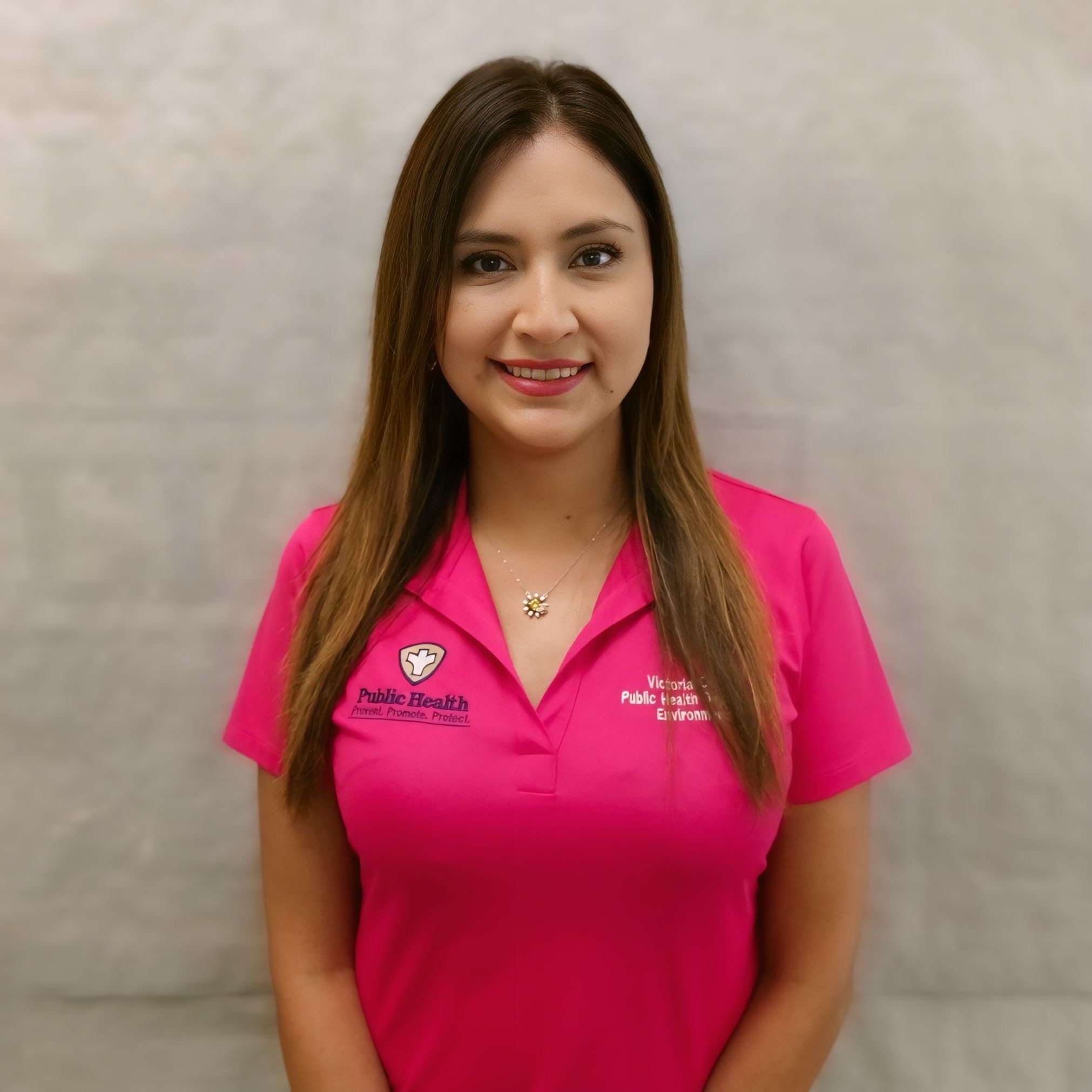A food establishment is defined as an operation that stores, prepares, packages, serves, and/or vends food directly to the consumer. This includes entities that provide food for human consumption, such as restaurants, satellite or catered feeding locations, catering operations, institutions, or food banks. A food establishment may also refer to a place that transfers possession of food directly to consumers or indirectly through services like home delivery of groceries or restaurant takeout orders, as well as delivery services offered by common carriers. A permit must be obtained for these locations regardless if there is a charge for the food. Victoria County Public Health Department regulates food establishments in Victoria, Jackson, Calhoun and Dewitt Counties.
If an individual participates in a special event, such as a festival, in the counties covered by VCPHD, they must obtain a Special Event permit. If the event includes multiple vendors, the coordinator should complete a coordinator's packet and submit it to VCPHD. The packet should include as much information about the event as possible, including all relevant vendor information. It should be submitted at least ten business days before the event to prevent any delays or issues. In addition to the coordinator packet, each vendor participating in the event must complete a special event application for their respective temporary permit.
Bake sales must also obtain a permit through VCPHD. They can be held by non-profit organizations only, and the items being sold must be shelf-stable. Cheesecakes and other items requiring refrigeration are not allowed to be sold at a bake sale. When applying for a Bake Sale permit, the individual must provide a copy of their 501-C3 form to verify that they are a non-profit organization.
All fundraisers/benefits must obtain a special event permit from VCPHD if they are in Jackson, Victoria, Calhoun, or Dewitt County. All items must be prepared and cooked at the location specified on the application. Preparing and/or cooking food at a residence or non-permitted facility is prohibited. Most fundraisers/benefits are held at an establishment equipped to cook food properly and maintain it within the required temperature range. For permit requirements and applications, visit vcphd.org or the office at 2805 N. Navarro, Suite 106.
Perishable food sold on social media from a private residence is not allowed. Food items sold under the Texas Cottage Law are the only items that may be sold on social media from a private residence. Fines may be issued if perishable foods are being sold from a private residence. The Cottage Law is not regulated by the local Health Department or the Department of State Health Services. The Cottage law allows an individual to sell any food from their residence that does not require time and temperature control, excluding meat. Examples of foods that are allowed under the Cottage Law include cakes, cookies, candy, and pastries. Additionally, the food being sold must be packaged and labeled according to guidelines specified by the Cottage Law. The seller must also hold an up-to-date food handler's certificate and renew the certificate when necessary. Bulkier items do not need to be packaged, however protection from contamination should remain a priority.
A number of stipulations must be followed when operating under the Cottage Law. First, the sale of any food items must be made from the seller directly to the customer. In addition, Cottage Law foods cannot be sold wholesale or at any retail food establishment, including restaurants, grocery stores, and coffee shops. The use of online checkout and mobile pay for customers is allowed however, the seller must physically hand off the item to the customer. Foods made under the Cottage Law can be sold at a Farmer's Market, local festival, and over social media. It is important to know that Local Health Departments and the Department of State Health Services can and will take action if an operation poses an immediate and serious threat to human life or health. For more information on operating under the Texas Cottage Food Law, visit texascottagefoodlaw.com.
Mary Tanguma has been employed with the Victoria County Public Health Department Environmental Services since 2005. In her time here, she has earned numerous titles such as: Water Lab Manager, Sanitation Inspector, Designated Representative, Non-Commercial Political Pesticide Applicator and Certified Floodplain Manager.
